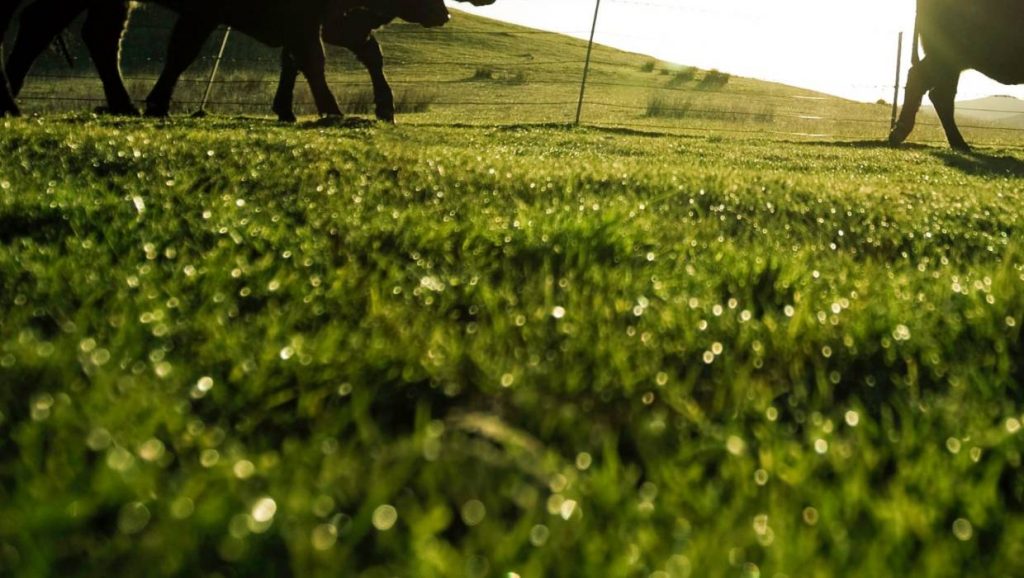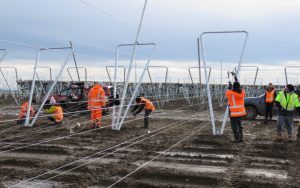
Devon Dairy Farms, which operates a large farm with about 4000 dairy cows at Hawea Flat, was sentenced on Monday after converting the 12.2 hectares of indigenous vegetation, which included short tussock grassland and cushion field plants, into pasture.
Judge Brian Dwyer, in the Environment Court in Invercargill, said in 2015 the 12.2 hectares on the property was identified as a potential “significant natural area” as it contained a number of indigenous plant species.
But between May 2015 and November 2016 the 12.2 hectares was converted by Devon Dairy Farms from the indigenous vegetation into pasture land, he said.
The clearance of the indigenous vegetation was contrary to provisions of the district plan and no resource consent was obtained.
It was not possible to reinstate the land to its original condition, the judge said.
“This offending involved the clearance of 12.2 hectares which was a habitat for vulnerable indigenous vegetation.”
Its protection was a matter of importance and the offending was serious, the judge said.
“The defendant was aware the land contained indigenous vegetation but was determined to use the land as a feed lot for 700 pregnant cows which could not be held elsewhere on the farm.”
The judge, however, said Devon Dairy Farms was a first-time offender and had a track record of community involvement.
This included providing public access through its property to the Clutha and Hawea rivers; and it had entered into an agreement with the Queenstown Lakes District Council to provide access through its property to new sewage ponds which would save Queenstown Lakes ratepayers about $6 million.
Also of “considerable significance” was that, following the offending, Devon Dairy Farms instructed an ecologist to identify mitigation measures it might undertake.
The ecologist identified another 34 hectares on the farm which was a habitat for a range of indigenous plant species worthy of protection.
A director of Devon Dairy Farms subsequently entered into an agreement with QE11 Trust for the registration of a covenant over the land, achieving its protection in perpetuity, the judge said.
The cost of doing this was about $80,000.
These actions constituted real remorse, the judge said.
Michael Walker, lawyer for Devon Dairy Farms, when outlining the good the company had done in the community, said it had previously been described by a Ministry for Primary Industries investigator as one of the best managed and structured farms he had seen.
“The point i am trying to make is they are genuinely remorseful, they are an extremely positive example of modern day dairy farming and [have] made an enormous commitment to the community.”
In sentencing, Judge Dwyer fined Devon Dairy Farms $42,000, ordered the company to pay solicitor costs and to reimburse the Queenstown Lakes District Council more than $23,000 in investigation and related costs.

























